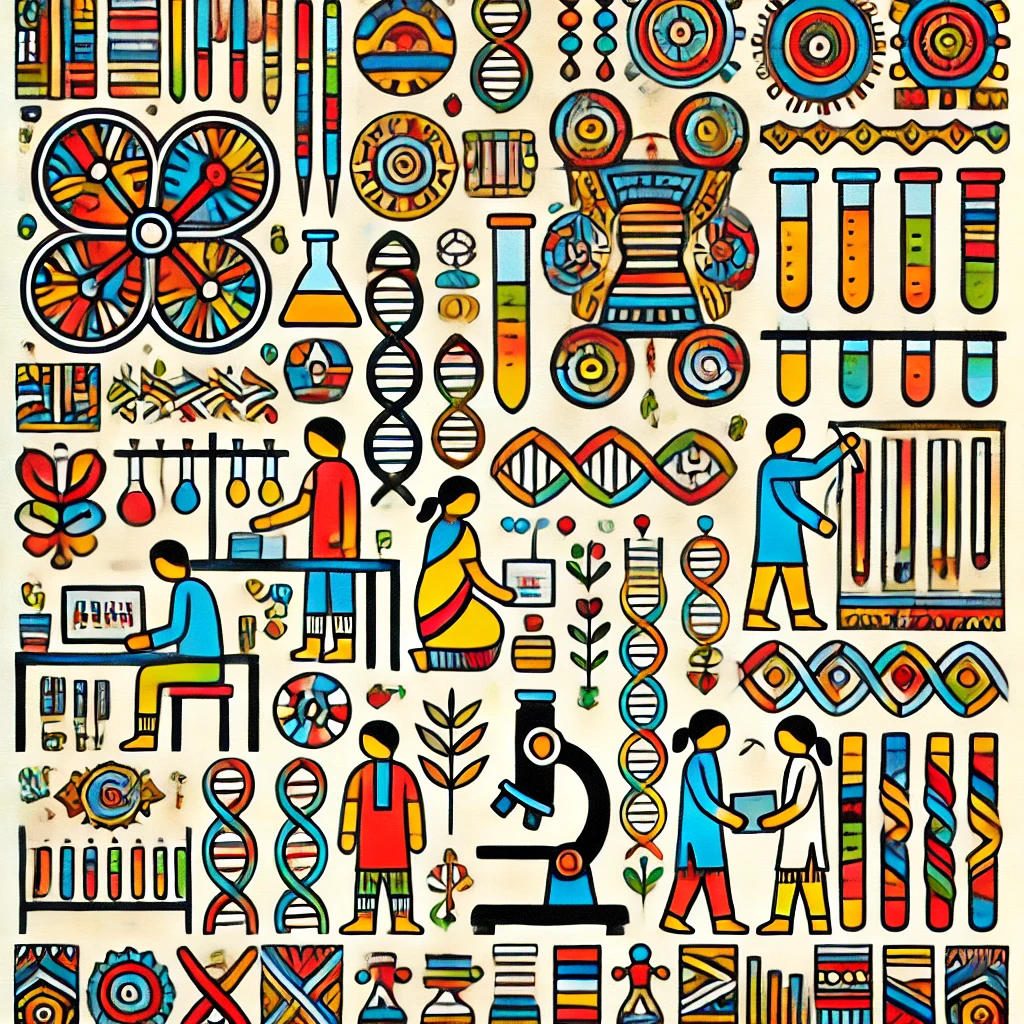
Members of our group teach a graduate level course on Microbial Pathogen Genomics (Course leader: Arnab Pain) during the Spring semester. The course is divided into two parts. During the first part, students are taught on how to visualize and analyse and compare genomes of microbial pathogens, using user-friendly and freely available software tools including Artemis, ACT. The students learn how to use and interpret data derived from the second generation sequencing platforms. This part consists primarily of lectures and hands-on exercises. We provide students with an overview of microbial genome and transcriptome sequencing methods and the uses of deep sequencing in functional genomics. The second part primarily consists of lab and computer-based practical sessions with some lectures in between. The students are divided into groups, each running a microbial sequencing project.
The students are provided with theoretical and practical knowledge on how to prepare sequencing libraries suitable for the Illumina platform. The students are required to do preliminary analysis of the genome sequence datasets generated within the project and write a technical report on their findings, following the style prescribed by Journal of Bacteriology. At the end of the course, the students are expected to have (1) basic and practical knowledge on how to sequence, assemble, annotate and compare different microbial pathogen genomes, (2) hands-on experience on use of specific software tools for genome visualization, comparison and (3) experience on how to write the results up in format of a scientific manuscript.
Part of the course is adapted from the Wellcome Trust Advanced Course on “Working with Pathogen Genomes”, developed by members of the Pathogen Group of the Wellcome Trust Sanger Institute (WTSI), Cambridge, UK.